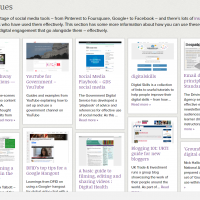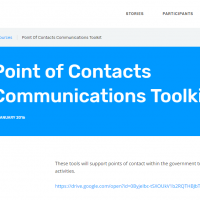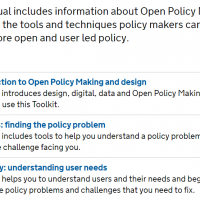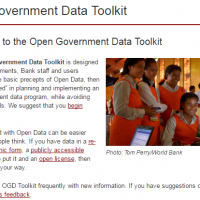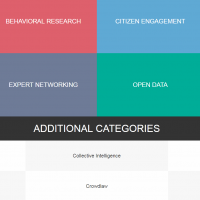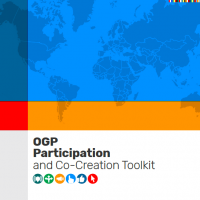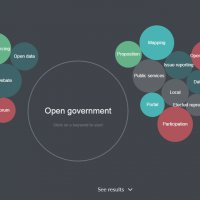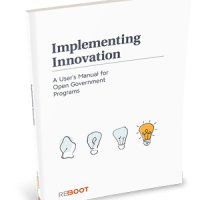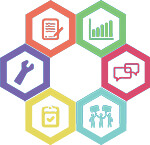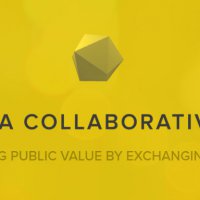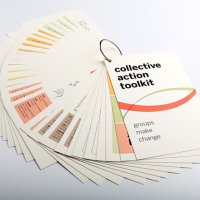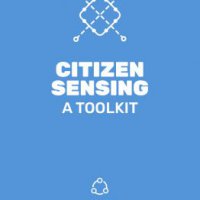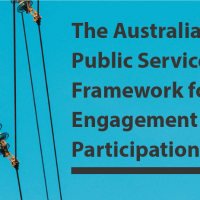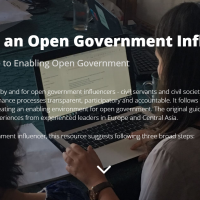Open Government initiatives should not exist in isolation. A whole-of-government approach is needed to ensure the widest possible impact. This requires strategic thinking and practical coordination across levels and branches of government. In this section, you will find guidance on how to design an open government strategy, as well as key considerations to keep in mind for successful open government initiatives.
See cases from others doing this in government
Find experts and advisers who can assist whith this
Toolkits
We're working on adding more toolkits in this discipline or practice.


